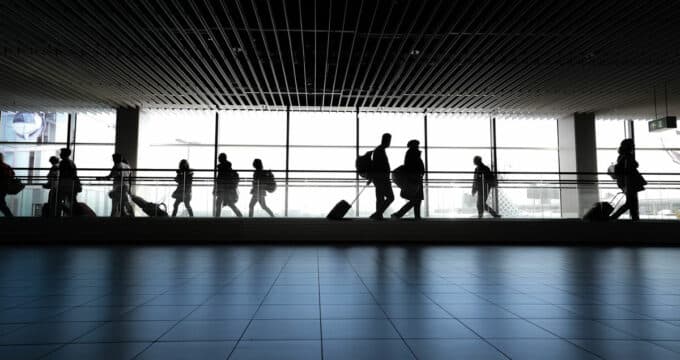Pakistani students consider new options abroad
ICEF Dubai event attendees received some insider tips on the Pakistani market during last week's seminar from Syed Azhar Husnain Abidi, Chairman of the All Pakistan Education Consultants Association (APECOP) and Chief Executive of Falcon Education and Consultancy Services. Abidi cited the depreciating value of the rupee (as we highlighted in a previous post) and the recent visa restrictions in the UK as some of the contributing factors in encouraging Pakistani students to take a fresh look at destinations other than the US, UK and Australia, such as Canada. See our video interview with him below to gain further insight into the Pakistani market and how to take advantage of government funding initiatives. Abidi highlighted various factors influencing student decision making:
- possibility of permanent residence
- ability to work abroad during studies
- quality of the education
- friends and family abroad
- scholarships and fee discounts
- international employability
There are two types of schooling systems in Pakistan leading to higher secondary education. One is under the Ministry of Education and the other is private, which incorporates British GCSE O and A Levels and American schooling. Strong GCSE O and A level growth in Pakistan has led to over 46,000 students pursuing an education abroad in the 2010/2011 academic year. One challenge currently facing prospective students is the lack of counseling available in Pakistan. Students generally need to decide if they would like to study abroad when they are at the high school level, but finding out what options are available and what requirements are needed can be a challenge, making quality agents a valuable resource. Abidi cautioned that because agents are unregulated in Pakistan, educators need to do plenty of research and be highly selective when choosing which agents to work with. Resources such as APECOP or the ICEF Agent Training Course's ITAC certification can be useful when searching for potential quality partners. Finally, Abidi stressed that the Pakistani government supports the creation of research and academic links such as twinning joint degrees, trans-national education, distance learning, split site PhDs and joint research. Up to 300.000 USD is available for joint research projects in the fields of agriculture, economic development, gender studies, vocational studies, environmental studies and more. Currently the UK is active in trans-national education, and hopefully the future will see more countries following suit. Abidi confirmed that despite negative criticism and media reports, it is business as usual in Pakistan and people should not be discouraged when considering collaborations with Pakistani partners. Listen to our post-seminar interview with Abidi for more insight on the Pakistani market and how to take advantage of government funding initiatives:














